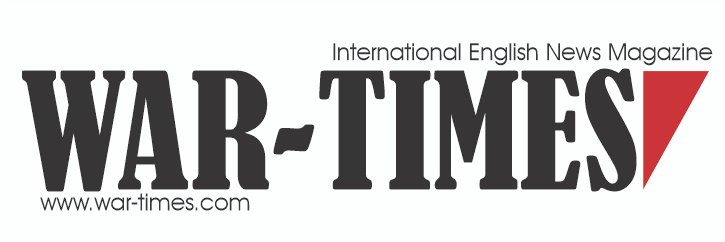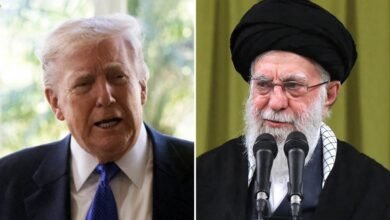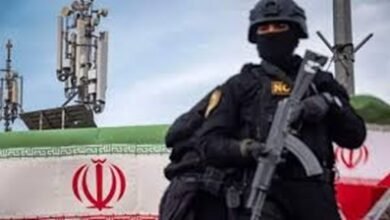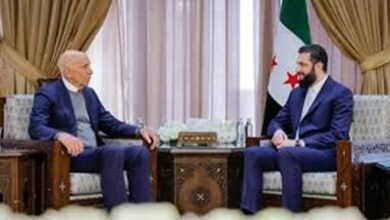Iranian official indirect nuclear negotiations with the US
By Samir Kr. Singh-Editor-In-Chief
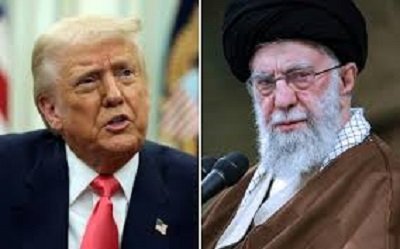
WAR-REPORT : Recent statements from senior Iranian officials about indirect nuclear negotiations with the United States may aim to appeal to several domestic audiences. Iran responded on March 26 to US President Donald Trump’s letter proposing nuclear negotiations.
Iran signaled openness to indirect nuclear negotiations with the United States but rejected direct negotiations under the current conditions. Senior Iranian officials expressing support for indirect negotiations likely aim to reassure the Iranian public that the regime is willing to take steps to secure economic relief amid Iran’s deteriorating economic situation.
Senior Iranian officials have, however, heavily caveated that Iran should remain cautious in negotiations. Iranian Supreme Leader Adviser Ali Shamkhani stated on March 28 that Iran’s response to Trump’s letter is “restrained” and emphasized Iran’s readiness to “confront” threats.

Iranian Parliament Speaker Mohammad Bagher Ghalibaf similarly criticized US attempts to “impose [its] demands” on Iran. Iranian officials have also explicitly rejected any concessions on Iran’s missile program or its role in leading the Axis of Resistance. These statements likely aim to appease hardline elements within the regime that oppose negotiations with the West.
Senior Iranian officials who have expressed support for indirect nuclear negotiations may be trying to avoid snapback sanctions. The E3 (the United Kingdom, France, and Germany) reportedly gave Iran a June 2025 deadline to conclude a nuclear deal before the E3 imposes snapback sanctions. The Joint Comprehensive Plan of Action (JCPOA) snapback mechanism allows JCPOA signatories to reimpose UN Security Council sanctions on Iran in the event of “significant non-performance by Iran of JCPOA commitments.”
The snapback mechanism expires in October 2025. Iranian Foreign Affairs Minister Abbas Araghchi asked the E3 to “reconsider its approach” towards Iran during a phone call with his British counterpart David Lammy on March 28. A Wall Street Journal reporter also reported on March 28 that Iran and the E3 held “technical talks” in Geneva this week. Iranian efforts to signal openness to indirect negotiations and discussions with the E3 likely aim to deter the E3 from triggering the “snapback” mechanism.

Some Iranian officials may also be signaling openness to indirect nuclear negotiations to deter a US-Israeli strike on Iranian nuclear facilities. Iran has engaged in a concerted effort since at least January 2025 to shape US-Israeli decision-making and deter a potential military strike on Iran’s nuclear program. A senior Iranian military commander warned in February 2024 that Iran could attack facilities and bases that “assist” an Israeli attack on Iran, likely referring to US bases in Iraq and the Gulf countries. Ghalibaf separately stated on March 28 that US allies and bases in the region “will be as vulnerable as a powder keg” if the United States and Israel threaten Iran.
Iran has recently unveiled new missile bases and conducted air defense exercises around nuclear sites, likely to highlight its missile capabilities and prepare for a potential conventional conflict with the United States or Israel. Iran may be signaling a willingness to engage in indirect nuclear negotiations with the United States to further shape US-Israeli decision-making and avoid a strike on Iranian nuclear facilities.

A senior US official stated on March 25 that Trump’s letter said, “there would be military consequences if there were no direct negotiations.” It is unclear if Iran’s openness to indirect negotiations will fulfill US conditions to avoid military action against Iran’s nuclear program.
